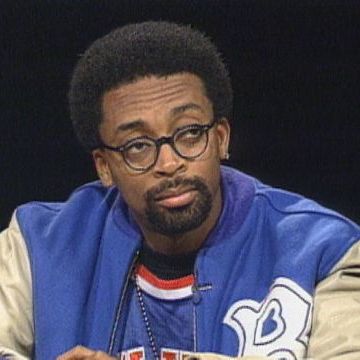
Introduction
Spike Lee, an influential filmmaker and cultural commentator, has made a significant impact on the landscape of American cinema and social discourse. His work often delves into issues such as race, identity, and social justice, making him a vital figure in both the film industry and broader cultural conversations. As his newest film, Da 5 Bloods, continues to receive acclaim, it is essential to reflect on Lee’s contributions and the resonance of his messages in today’s society.
Career Highlights
Lee’s career began in 1986 with his groundbreaking film She’s Gotta Have It, which was notable for its candid portrayal of African American life and sexuality. This film not only solidified Lee’s place in Hollywood but also set the stage for many future filmmakers who sought to explore underrepresented narratives.
Throughout the years, Lee has tackled various themes in films like Do the Right Thing, Malcolm X, and BlacKkKlansman, showcasing a distinctive style that includes powerful storytelling and innovative cinematography. His latest work, Da 5 Bloods, explores the impact of the Vietnam War on African American soldiers while echoing contemporary issues of racism and injustice that resonate with current audiences.
Recent Events
In a recent interview, Lee discussed the ongoing relevance of his work in light of current socio-political issues, especially regarding racial equality and police violence. He stated, “Art is an important tool for social change, and I believe that films can inspire people to speak out and take action.” This statement aligns with the rising movement for social justice that has been amplified over recent years.
Moreover, Lee’s advisory role in various projects showcases his commitment to fostering new talent and promoting diverse storytelling in cinema. He is currently involved with several initiatives aimed at supporting young filmmakers, particularly those from minority backgrounds.
Conclusion
Spike Lee’s enduring legacy in film and culture highlights the importance of representation and the power of storytelling as a vehicle for change. As he continues to produce thought-provoking works, the dialogue surrounding race and identity in America remains crucial. For audiences, engaging with Lee’s films offers not only a cinematic experience but also an opportunity for reflection and activism. His contributions will undoubtedly influence future generations of filmmakers, ensuring that the narratives of diverse communities are told and celebrated.



